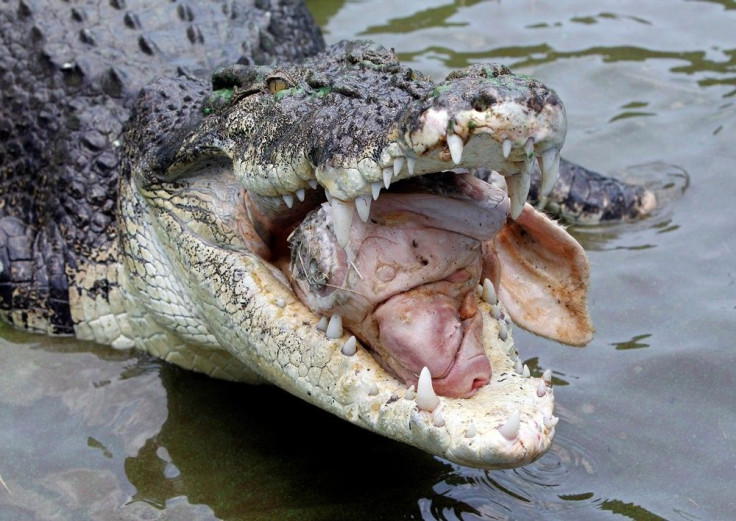Australians call for large-scale crocodile culling to prevent human fatalities

A group of local population in Australia has suggested selective and large-scale culling of saltwater crocodiles, considering the fact that the reptile population has drastically increased since the 1970s ban of hunting in the western Australia. According to the group, the mass culling of the reptiles will prevent further incidences of human fatalities.
While some locals in the Kimberley region believe that a review of the crocodile management is necessary, others think that the large-scale removal of the crocodiles from the waterways is the only solution against the human fatalities.
Harold Tracey, the Broome Deputy Shire president, says that it is time for a large-scale removal of the deadly reptile from the waterways surrounding Broome, Kununurra and Derby.
“I think it’s only a matter of time before we do have a fatality, purely from croc numbers and they’re getting a lot more bold,” said Tracey, reported the Hindu.
“We’ve got to keep in mind, we can’t keep putting human life at risk, or putting a crocodile’s life as more important than a human life.”
As of now, the Department of Parks and Wildlife is authorised with permission to trap, remove or shoot a crocodile if it behaves aggressively in an area where it poses a threat to human, such as swimming or fishing areas.
The ABC reports that saltwater or estuarine crocodiles have killed more than 30 people since 1970. This has prompted the Department of Parks and Wildlife to conduct an extensive survey to assess the population of the crocodiles in the Kimberley region of WA's north.
Luke Bentley, the East Kimberley district manager, says that as of now, there are no plans to change the policy related to crocodile management or crocodile cull. Bentley says that there is no guarantee that if a crocodile is removed from an area, another one would not return back.
Bentley has further emphasised on the need to educate the public about the risks associated with the saltwater crocodiles. Bentley believes that the cull would be futile.
“We certainly get out there and push it as much as we can. We have the brochure, we are looking at updating the website. We also do have signage in high visitation areas as well,” said Bentley, in an interview with ABC.





















